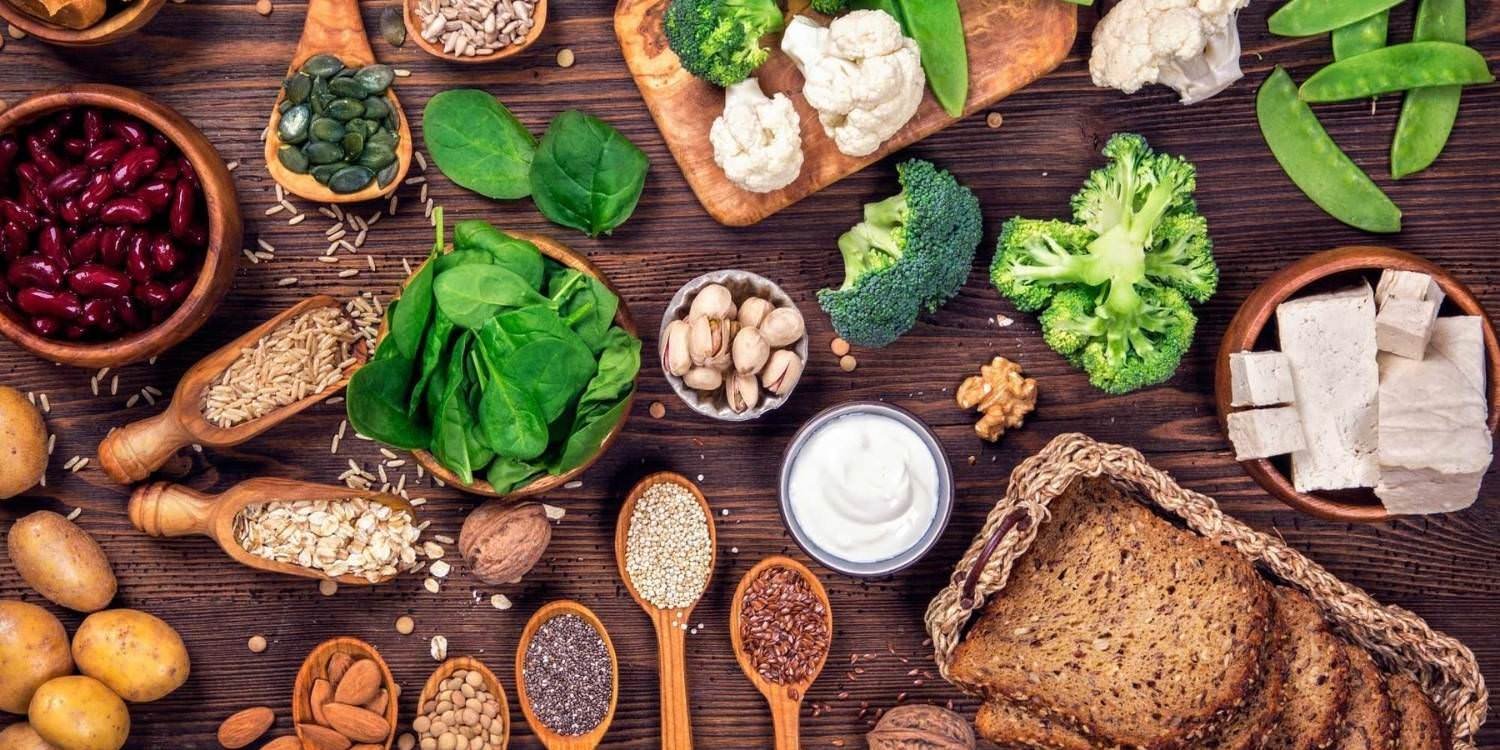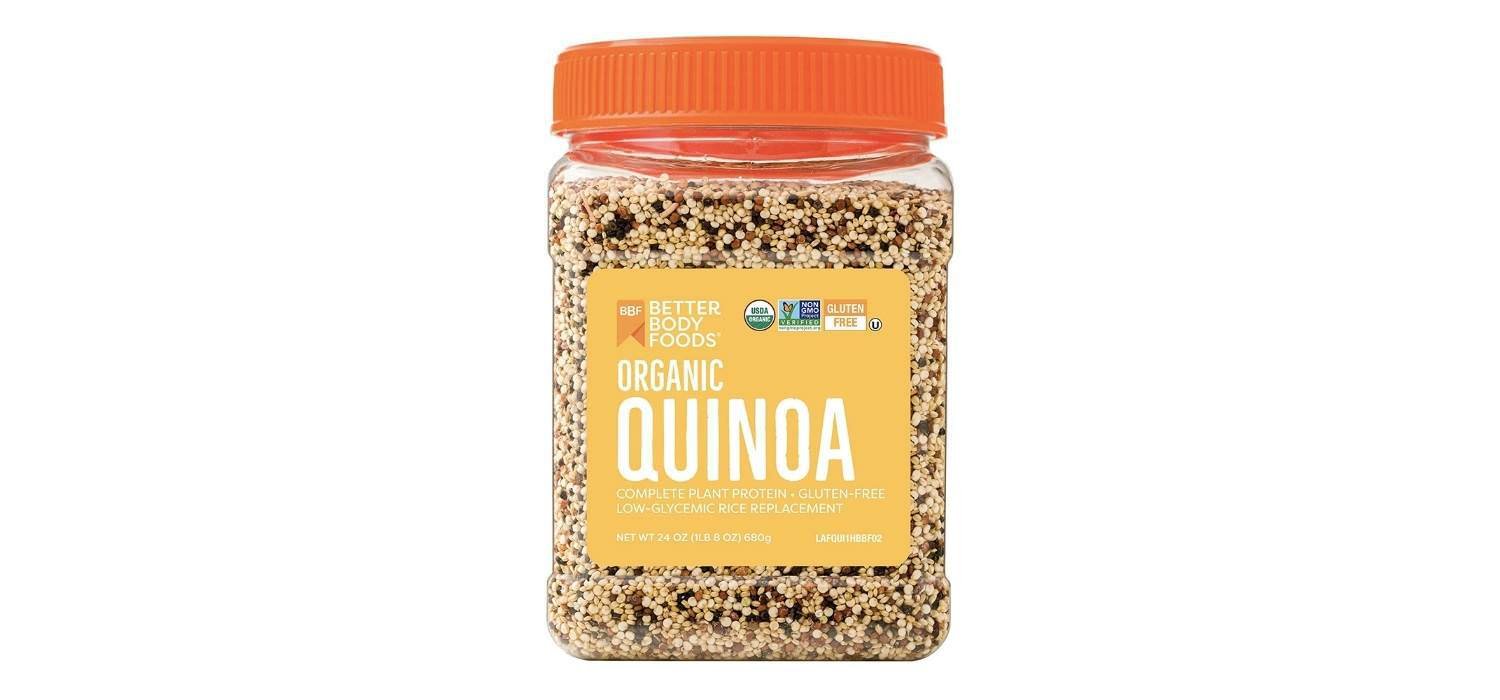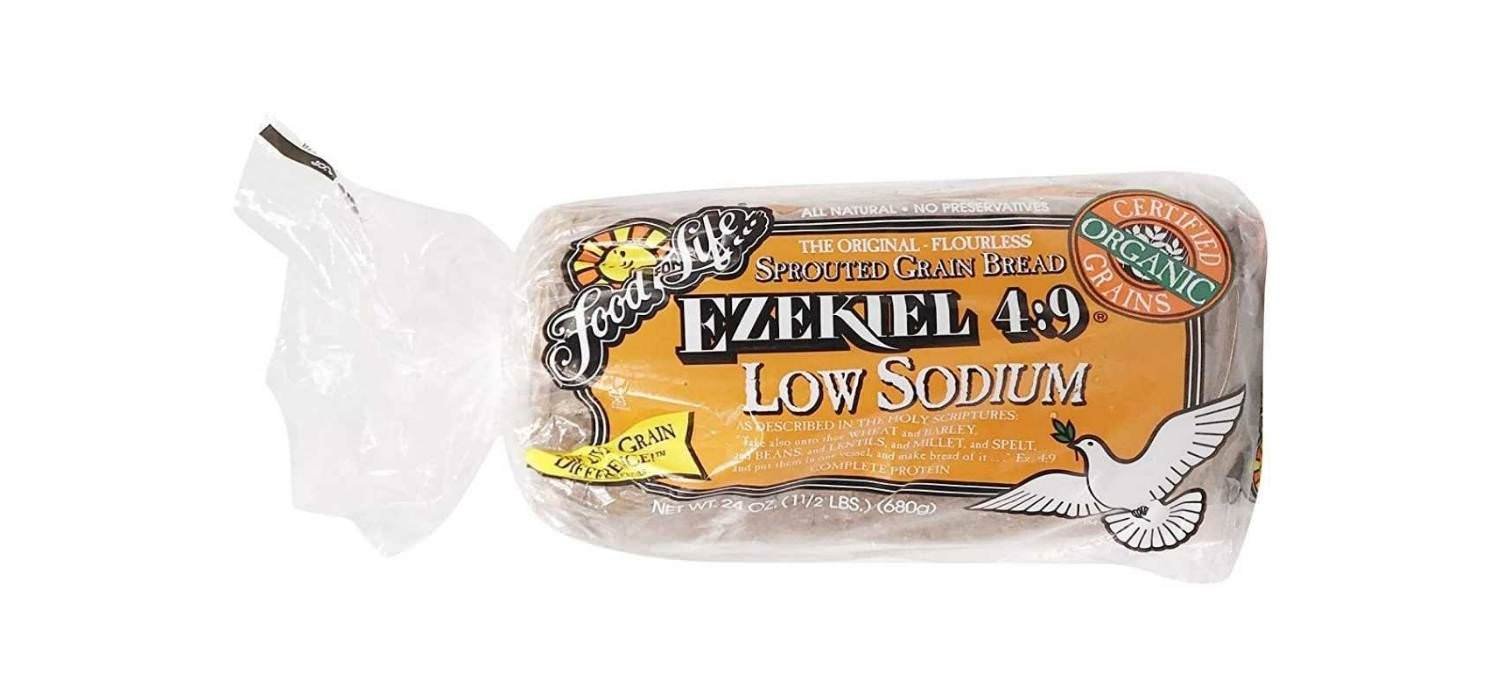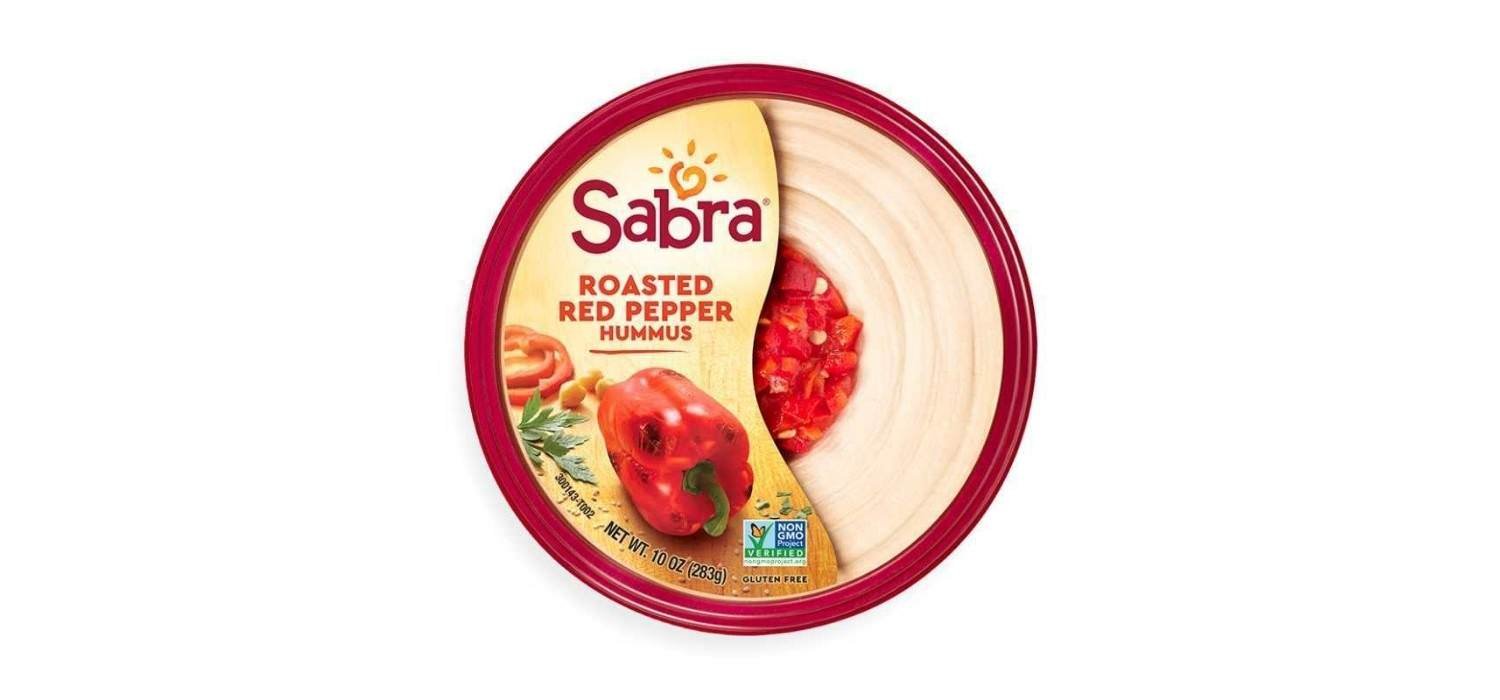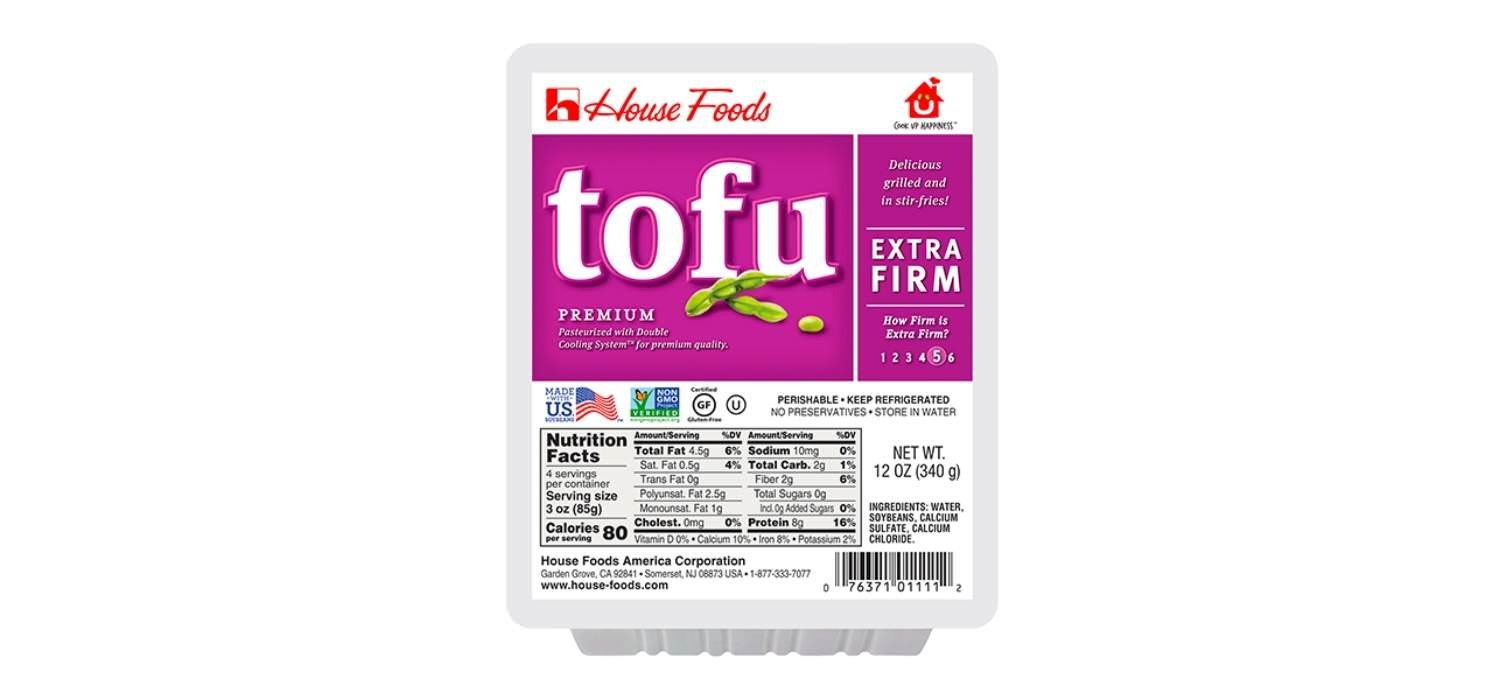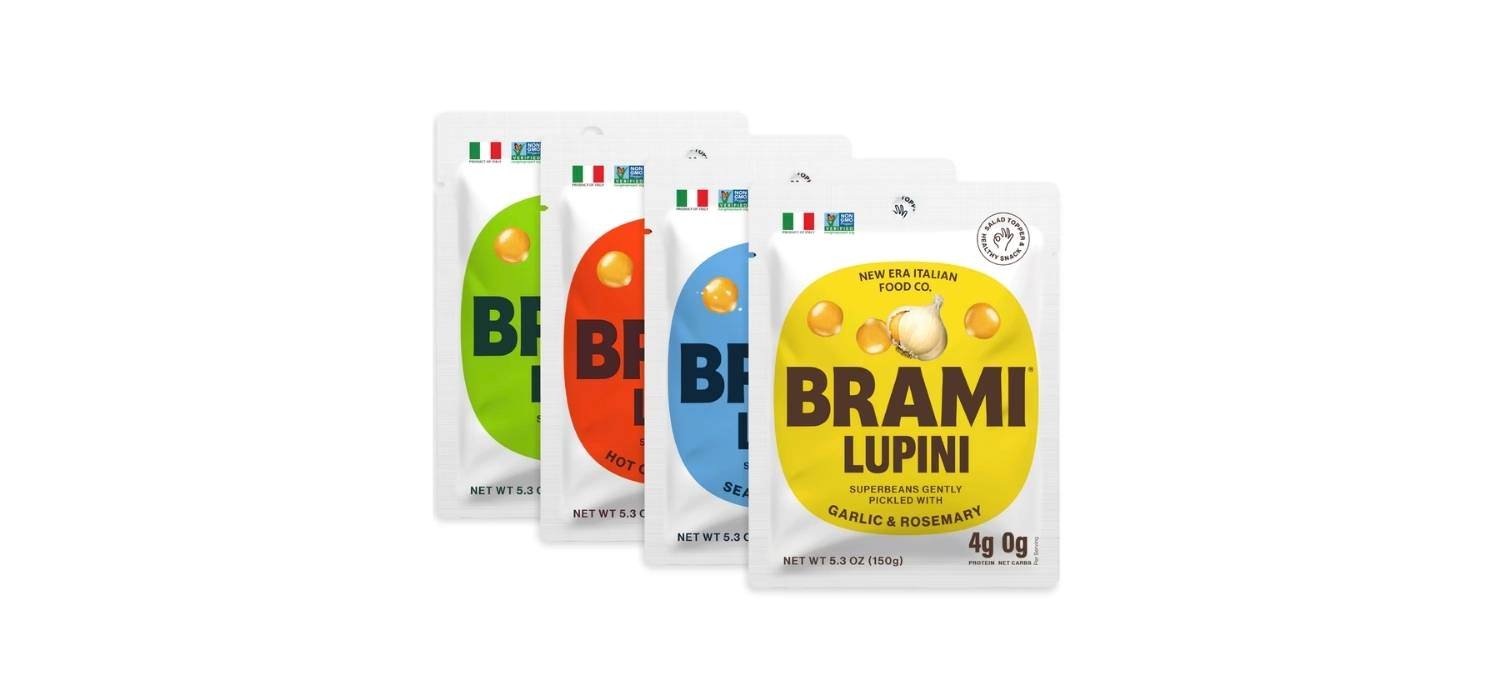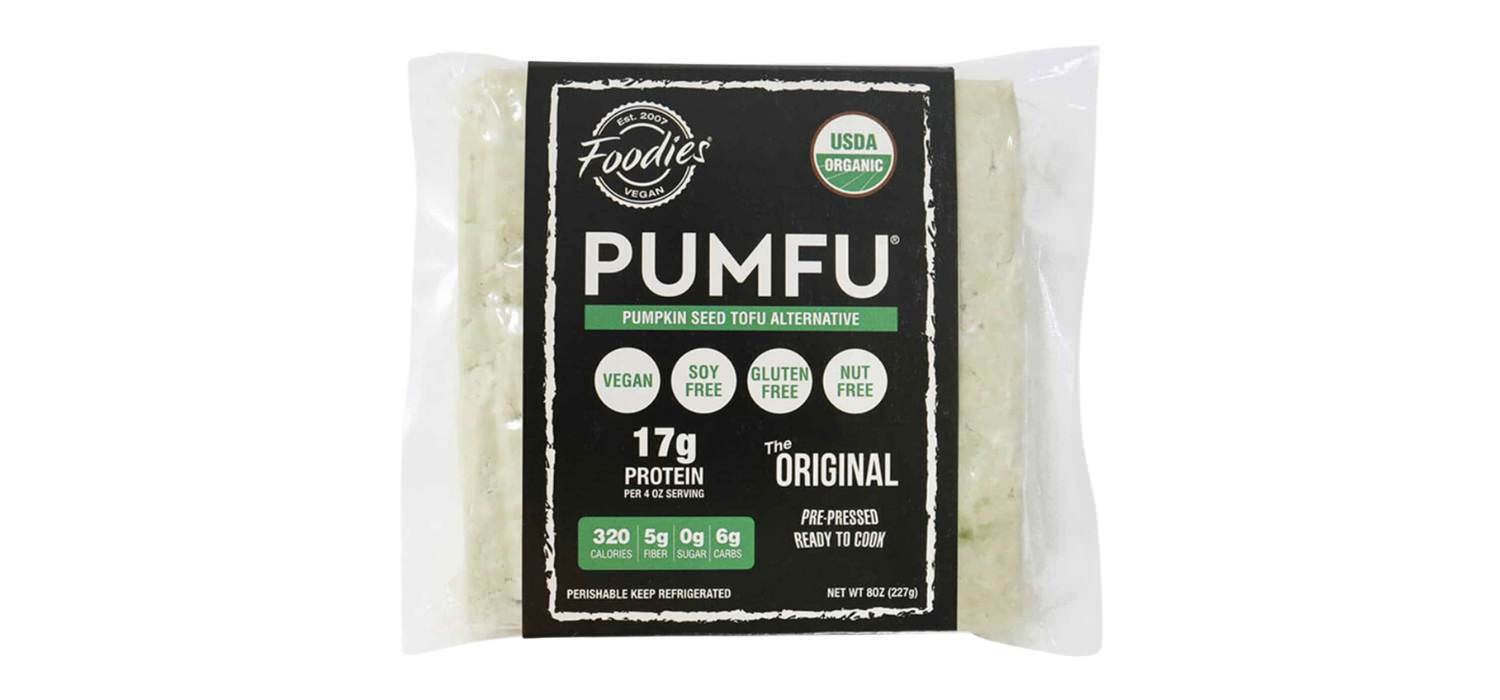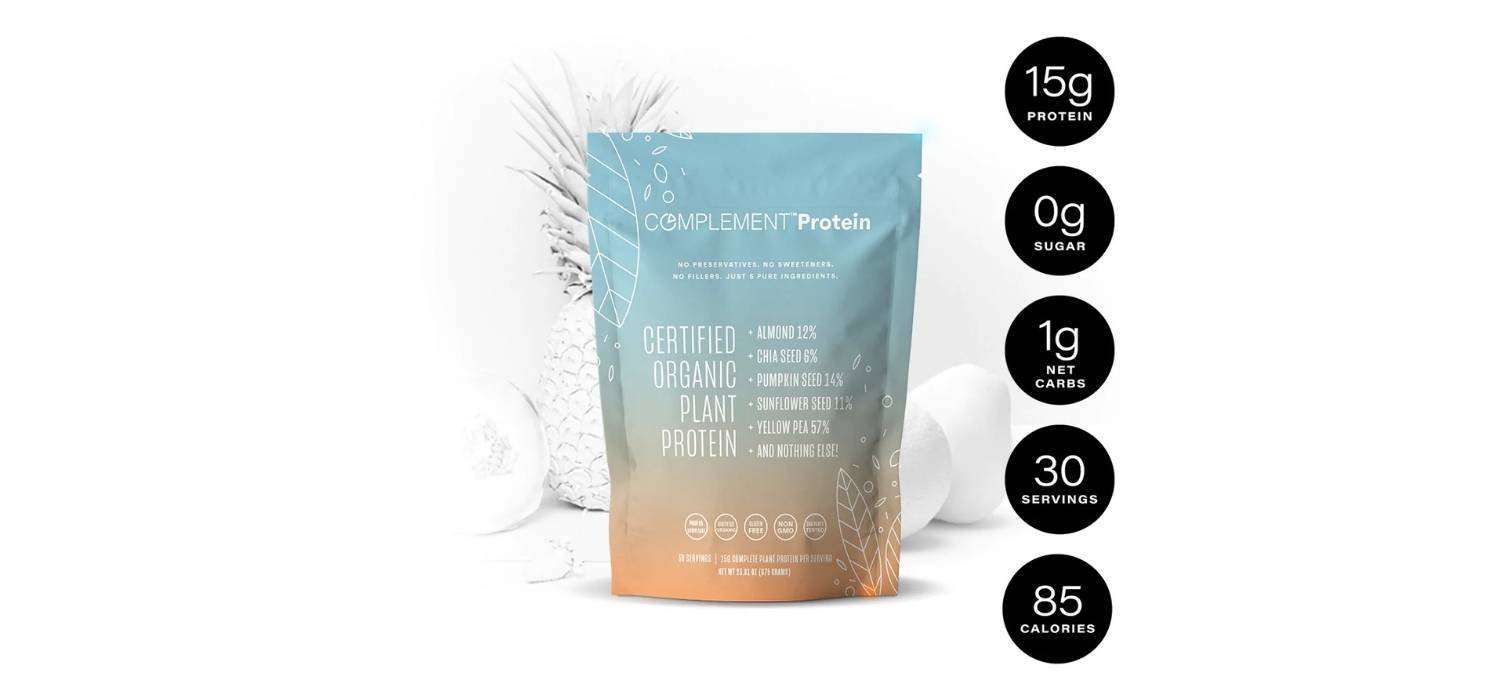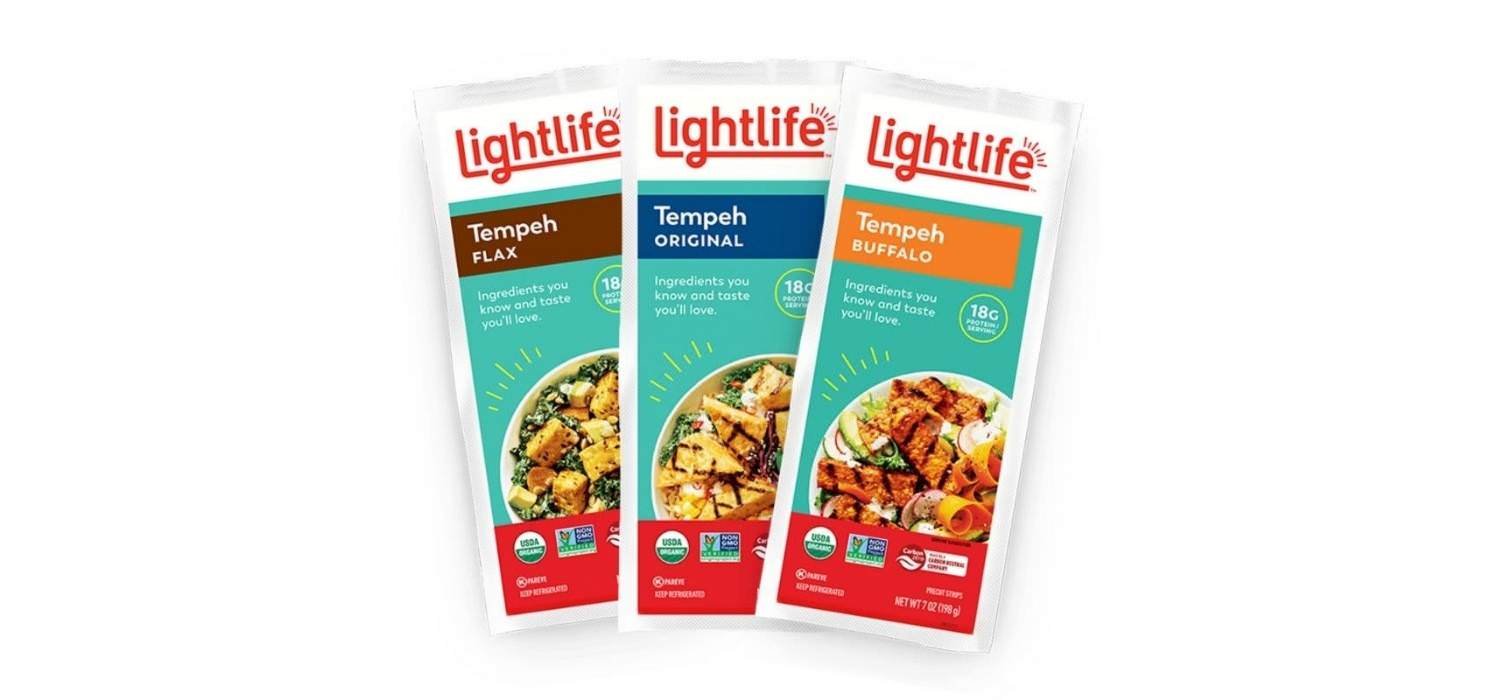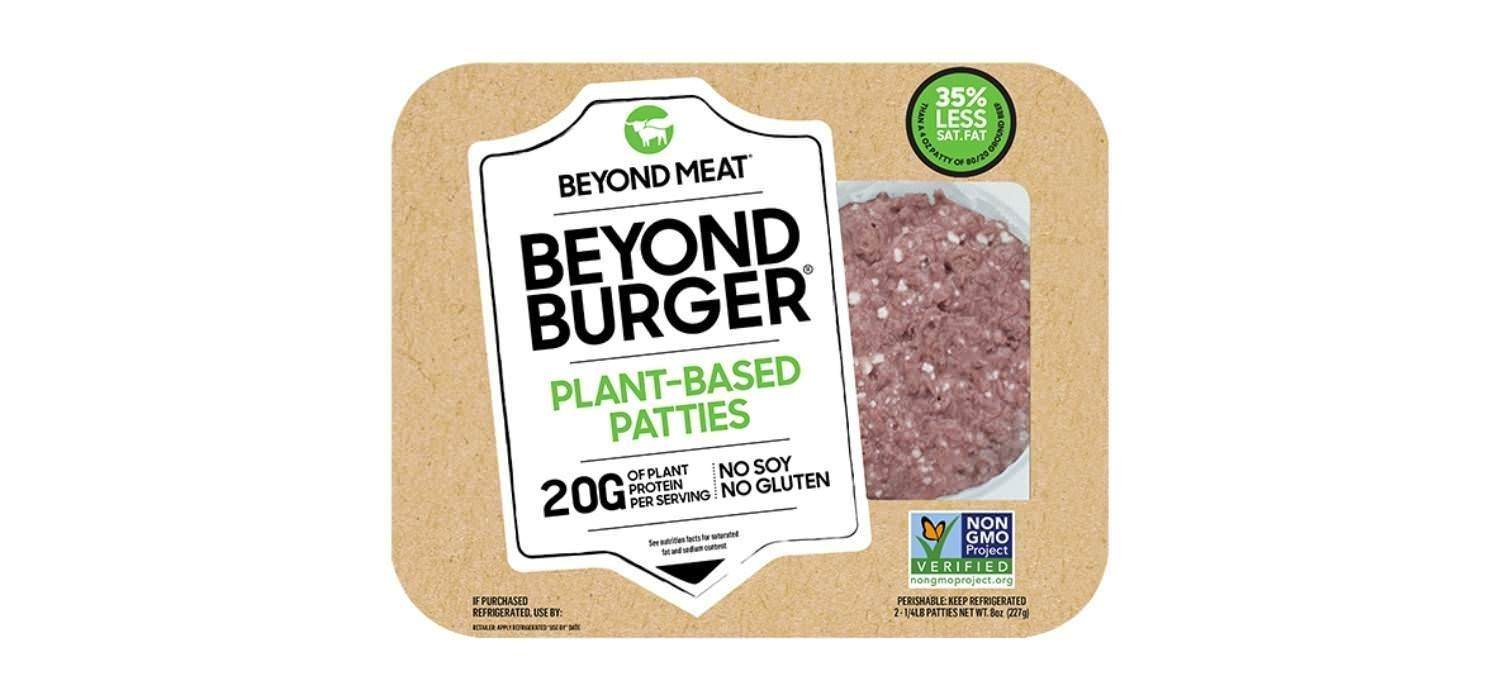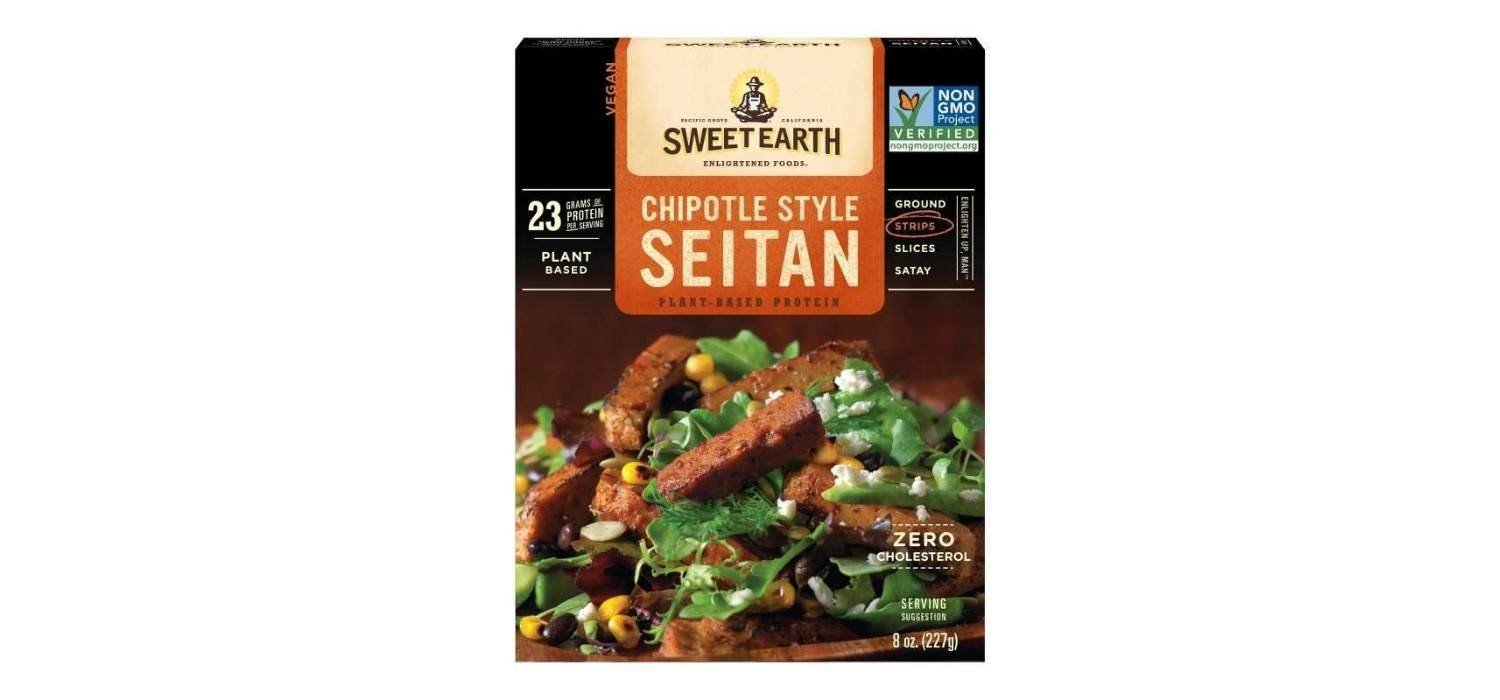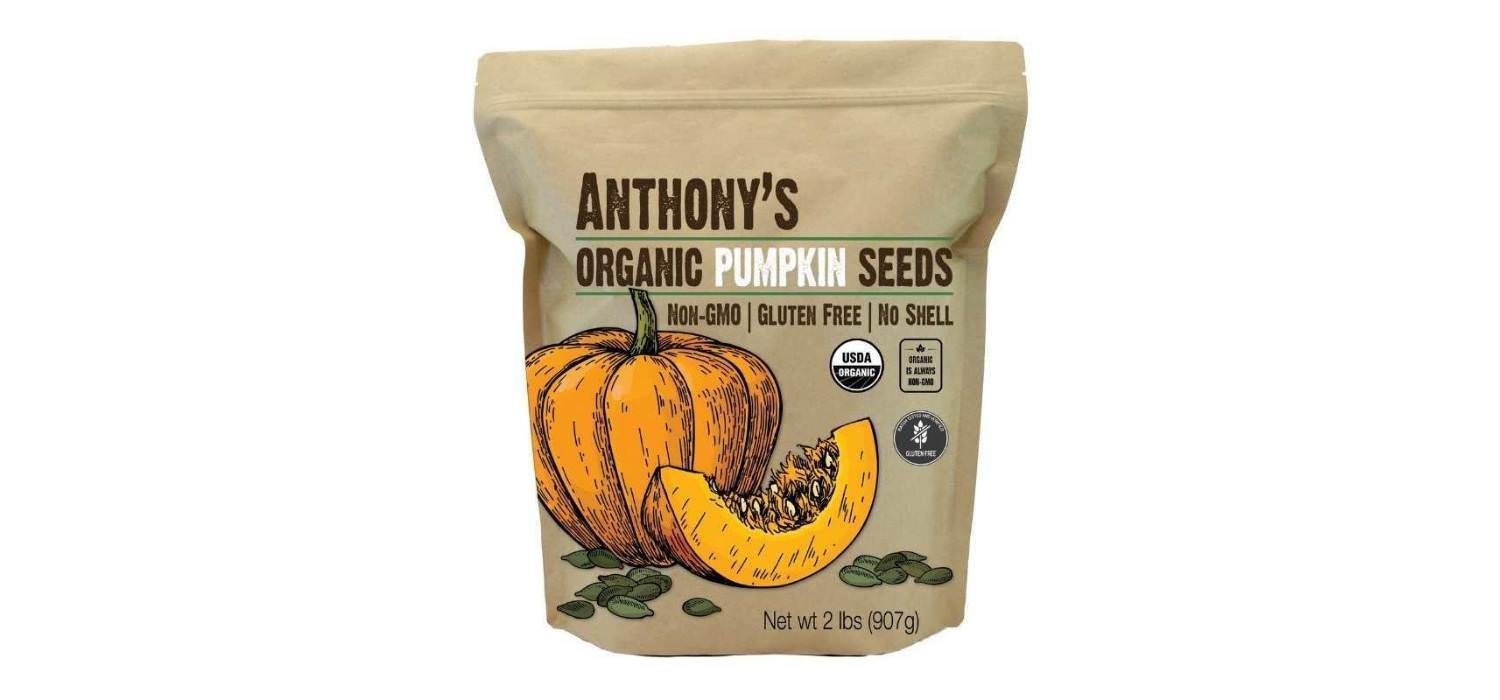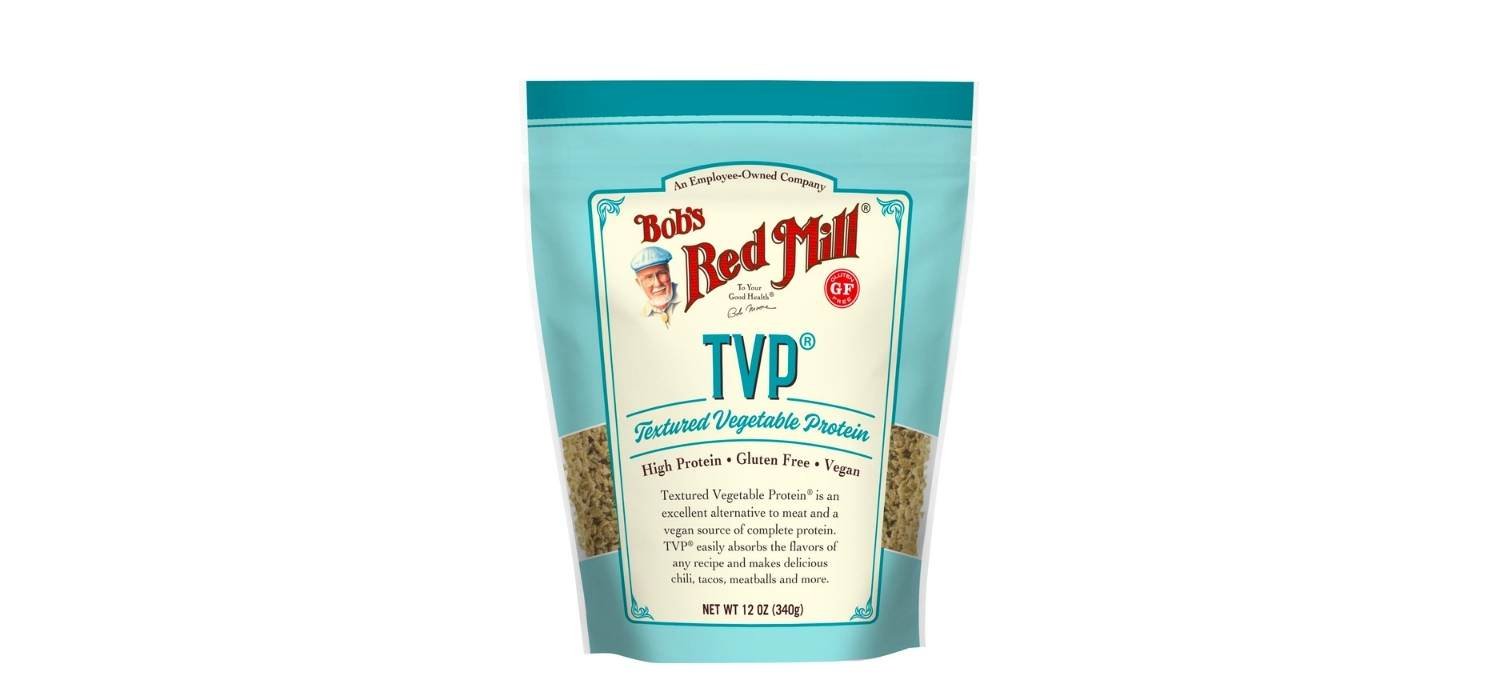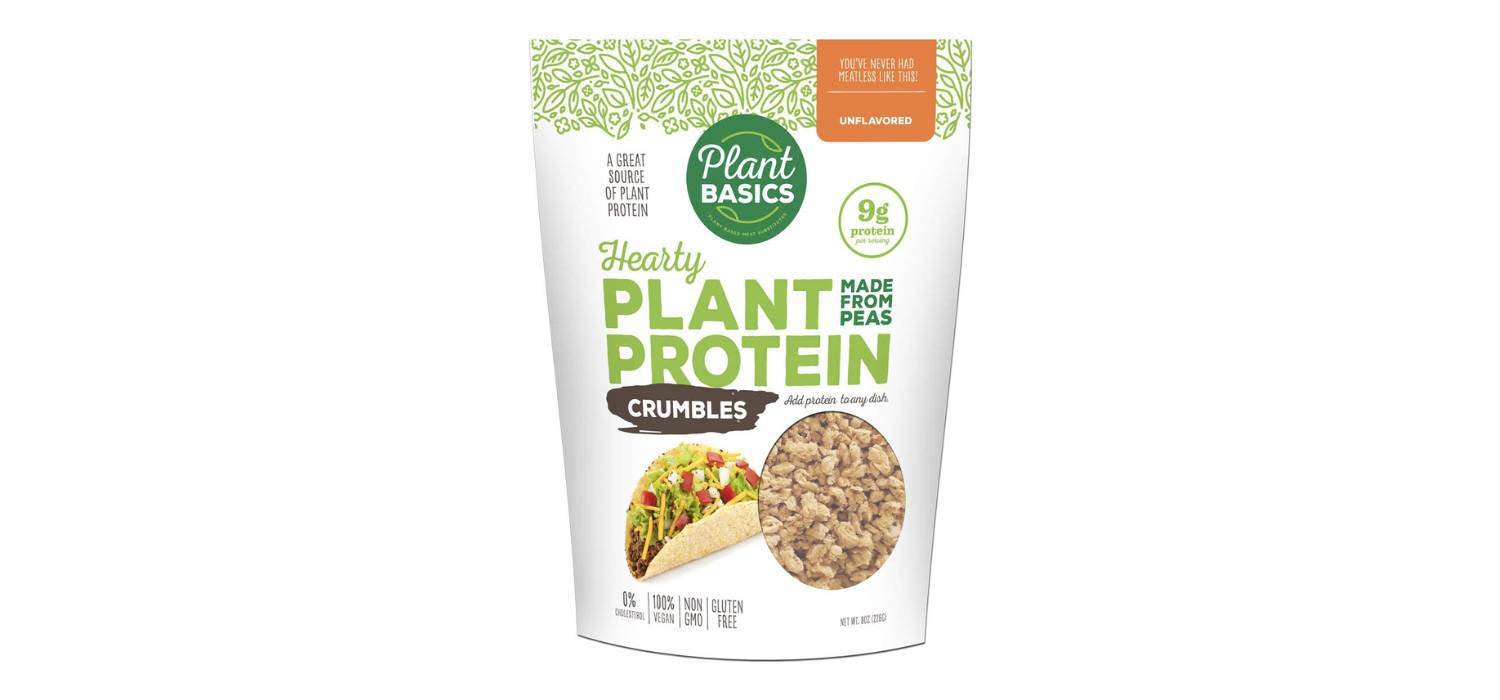The Ultimate List of 22 High Vegan Protein Sources
If you are vegan, and you regularly enjoy all plant food groups in decent quantities, you are likely getting more than enough protein. Despite popular belief, there is no need for animal proteins like meat, eggs or cheese to get adequate amounts of all nine essential amino acids on a plant-based diet or vegetarian diet. However, there are certain individuals who should consume higher amounts of protein than others. For example, those with active lifestyles may need extra protein for muscle recovery. Size, gender, and age should also be considered.
For adults, the minimum recommended amount of protein per day is 0.36g per pound of body weight, or 0.8g per kilogram of body weight. However, athletes should consume around 0.5-0.9g/lb. of body weight, or 1.2-2.0g/kg of body weight.
So, if you're concerned you're not consuming enough complete protein sources to sustain your current dietary needs, keep reading! We've compiled a list of the best vegan protein sources to help you achieve your nutrition goals!
Are Plant Proteins Considered "Complete" Proteins?
You may have heard that vegan protein sources are not complete. It's true that although all edible plants contain all nine essential amino acids in varying amounts, not all of these sources are considered "complete proteins." That's because a complete protein source needs to contain all of these amino acids in the right proportions to support human growth.
That said, there are a few plant-based foods that are considered "complete proteins". For instance, quinoa, buckwheat, chia seeds, hemp seeds, soy products, sprouted bread, and spirulina all provide appropriate proportions of each essential amino acid without the need to combine them with other plant foods.
So, while vegan foods do contain all the amino acids you need, even if in trace amounts, in some cases you may simply need to be a bit more mindful of the proportions in which you're consuming them. Thankfully, if you're getting enough protein in general from all plant food groups, you will typically get all the amino acids you need. However, the one exception for some is lysine.
Do Vegans Lack Lysine?
The general recommendation for lysine consumption is to obtain at least 1g per day. While many vegans who consume soy, seitan, oats, lentils, and nuts do get enough lysine to support their health and growth, those who avoid soy and gluten may have a bit more trouble.
This amino acid helps the body absorb calcium, so it's important to consume enough of it. It also plays a vital role in collagen formation throughout the body. Meanwhile, if you're an athlete, it may aid in your muscle recovery.
So, check out the main plant-based sources of lysine below and make sure to include enough of them in your daily diet!
Top Vegan Sources of Lysine
Soybeans. As mentioned above, soybeans are a great source of lysine. By consuming adequate portions of soy products like tofu, tempeh, soy milk, or TVP, you can obtain more than enough lysine. To put things into perspective, one cup of boiled mature soybeans contains over 1.9g of lysine, already surpassing the minimum recommended intake. Just try to go for non-GMO soy when possible!
Lentils. If you're avoiding soy as a vegan, lentils are an excellent swap. Not only are they easier on your digestion than larger legumes, you'll get 1.25g of lysine from just one cup! If you're unsure how to consume one cup of lentils a day, we'd recommend whipping up a hearty lentil and vegetable soup and enjoying a large bowl. You could also make lentil bolognese, lentil tacos, or lentil chili. The possibilities are endless!
Kidney beans. Did you know just one cup of kidney beans can provide 1g of lysine? Enjoy them in a traditional minestrone soup, stewed with some rice, or in a hearty vegan chili!
Green peas. Like to enjoy a pea mash or split pea soup every once in a while? If you do, you'll be happy to know you can obtain 0.5g of lysine; half the amount you need in a day from just one cup of this high-protein meal or side dish!
Quinoa. Can't process legumes very well? Good news: considered a "complete protein," quinoa provides all 9 amino acids in the right proportions to support human health! And yes, this includes lysine. One cup contains over 0.4g! We like to enjoy our quinoa with some veggie curry, over salads, or in vegetable-loaded soups for extra protein and fiber.
Potatoes. Yes, even potatoes contain all nine essential amino acids. Enjoy a large baked potato alongside your meal, and you'll get 0.38g of lysine!
Pumpkin seeds. If you like to have big nutritious salads or oat bowls, why not top them with an ounce of pumpkin seeds for 0.35g of added lysine? That's already about a third of the minimum daily requirement in just a sprinkle of these flavorful seeds!
Pistachio nuts. By enjoying a 1oz. handful of pistachios as a snack, you can secure 0.32g of lysine! Tip: try making a pistachio butter in your food processor so you can spread it onto toast or add to your creamy smoothies!
Can You Eat Too Much Protein?
Although consuming up to 2g of protein per kg of body weight is considered safe, eating more than this can be risky. Excessive protein consumption has been linked to intestinal discomfort, nausea, weight gain, dehydration, heart disease, kidney/liver injuries, and more.
However, athletes may get away with consuming up to 3.5g/kg of body weight, since they require a bit more for muscle recovery. In fact, for those following a resistance training program, consuming extra protein can support muscle growth.
Top Vegan Protein Sources per 100g Serving
Now that you know all plant foods contain ALL amino acids in varying proportions, and how much protein you need, check out the best vegan sources of protein and make sure to include a few of them in each of your meals!
Quinoa (4g per 100g)
Looking for a higher-protein alternative for your grain dishes? Quinoa is actually considered a 'complete protein', meaning it contains all nine essential amino acids in adequate amounts. This is quite rare among the most popular cooked grains, as most are considered 'incomplete proteins'. So, quinoa can be an outstanding swap for those who need a reliable source of plant protein.
Our Choice: BetterBody Foods Organic Quinoa
This pick features a delicious tricolor blend of high-fiber, high-protein quinoa! Add some of this fluffy grain to bowls, soups, veggie burgers, wraps, or have some 'quinoa porridge' to replace your oatmeal every once in a while!
Shop On:
Peas (5g per 100g)
You've probably enjoyed the classic American combo of mashed potatoes, peas, and a protein source. But, did you know you can get plenty of protein from the peas themselves? Go for a split pea soup, add some peas to your homemade veggie burgers, prepare a delicious pea-based curry, or enjoy some creamy mashed peas to make the most of this healthy legume!
Our Choice: Food To Live Organic Peas
These organic peas come in a resealable bag, and are loaded with maximum nutrition. You can even grind them into a powder to make affordable homemade protein shakes! (Yes, they can be eaten raw.) In fact, just one ounce of ground raw peas would contain 6 grams of protein, 6 grams of fiber, and 7% of your daily iron needs.
Shop On:
Sprouted Wheat Bread (5g protein per slice)
Yes, even bread has protein! Sprouted bread is highly nutritious, at 5 grams of protein per 100g. Whether you’re enjoying a chickpea ‘tuna’ salad sandwich, a vegan BLT, or a PB&J, make sure to go for this high-protein choice.
Our Choice: Food For Life Ezekiel 4:9 Sprouted Grain Bread
Made with freshly sprouted grains like wheat, barley, millet, lentils, soybeans, and spelt, Food For Life’s Ezekiel 4:9 bread has become a favorite among the health-conscious! It contains 18 essential amino acids, tons of dietary fibers, and plenty of vitamins and minerals that—because of the sprouting process—are more easily absorbed than those in conventional breads.
Shop On:
Hummus (8g protein per 100g - amount may vary by brand)
Whether you like to enjoy your hummus in gyros, with crackers, or as a dip for crunchy raw veggies, you should know it’s an incredible vegan source of fiber and vegan proteins! Snack on this Greek/Middle Eastern treat made from garbanzo beans for some extra plant power!
Our Choice: Sabra Roasted Red Pepper Hummus
Refreshing, zesty, and simply made, Sabra’s Red Pepper Hummus is a great high-protein dip or spread! We love pairing this classic hummus with raw veggies, crackers, or fresh pita bread.
Shop On:
Lentils (9g protein per 100g)
Did you know lentils are great sources of protein? With almost as much protein per 100g as tofu, you can rely on this legume to provide plenty of nutrition to fuel your busy day. We like to enjoy our lentils in soups, legume and grain dishes, salads, and even as a substitute for ground beef in spaghetti bolognese!
Our Choice: Yupik's Organic Green Lentils
This organic choice is perfect for lentil soup, curries, lentil burgers, and more. Plus, one serving contains 9 grams of protein, 11% of your daily iron intake, and 8g of dietary fiber!
Shop On:
Tofu (11g protein per 100g - amount may vary by brand)
Although often misunderstood, tofu has been around a long time, and has provided vegetarians with a sustainable, nutritious alternative to meat for centuries! Learn more about tofu here.
Our Choice: House Foods Extra Firm Tofu
This tofu is completely organic, gluten-free, and non-GMO, making it perfect for almost any diet! Since it’s extra firm, it’s ideal for marinating, frying, grilling, or substituting any type of meat in your healthy high-protein dishes.
Shop On:
Edamame (12g protein per 100g)
If you've never heard of edamame, they're essentially whole, immature green soybeans. They're traditionally enjoyed in Japan, where they're served steamed or boiled in the whole pod. However, since their introduction to Western cuisine, we've been preparing them shelled and dry-roasted with spices, boiled and served cold in macro bowls or salads, and sometimes even in unexpected formats like 'edamame pasta'. You'll be happy to know they're also an excellent source of iron, fiber, calcium, and potassium!
Our Choice: The Only Bean's Crunchy Roasted Edamame Beans
These beans can be enjoyed in three flavors — Buffalo, Sea Salt, and Sriracha. These crunchy and flavorful beans are the perfect snack or topping for salads, pasta dishes, and tostadas!
Shop On:
Lupini Beans (12g protein per 100g)
Have you heard of Lupini beans? At 12 grams of protein per 100g serving, they make the perfect addition to your salads and stir-fries!
Our Choice: Brami Snacking Lupini Beans
At 50% higher protein levels than chickpeas and 0g net carbs, this could be your new go-to post-workout snack! Enjoy these lupini beans on their own, or toss a few over your salads for a major protein boost.
Shop On:
Pumpkin Seed Tofu (15g protein per 100g - amount vary by brand)
If you like tofu, but you're trying to stay away from soy, don't worry! There are tons of soy-free alternatives, but pumpkin seed tofu is our go-to pick. Not only is it the most natural choice, since it doesn't require a coagulating agent like others do, it's also packed with iron and fiber. You can even make your own at home using just pumpkin seeds and water!
Our Choice: Pumfu by Foodies Vegan
This store-bought option is extra-firm so you can use it just like you would your favorite soy-based tofu! However, it does crumble a bit more easily, so we prefer to use it in tofu scrambles or as tofu 'chorizo' with plenty of antioxidant-rich spices. You could also simply fry it up with salt and pepper for a quick and yummy protein source for bowls or wraps. Give this soy-free tofu a try today!
Shop On:
Complement Protein Powder (15g protein per serving)
Have you been working out lately? Maybe you're an athlete or a bodybuilder, and you need to be able to easily supplement your protein for muscle recovery and growth! Complement's vegan protein powder is the cleanest of its kind, and one of the few we're 100% comfortable recommending.
So, what stood out? It's made with only five natural plant-based ingredients (no chemical additives, 'natural flavors', fillers, animal products, or artificial sweeteners) and has been third-party lab tested for heavy metals and accurate nutritional info. It's even entirely organic and packaged in a biodegradable pouch!
Shop On:
Chia Seeds (17g protein per 100g)
If you like to enjoy chia pudding for breakfast for its rich omega-3 content and amazing texture, you’ll be happy to know it’s also high in protein! Although not many people consume 100g of chia seeds in one sitting, just 2 tbsp. of these nutrient-rich seeds can provide you with over 3 grams of protein and help promote a balanced diet.
Our Choice: Nutiva Organic Black Chia Seeds
These chia seeds are not only loaded with plant proteins, but also with 6.4g of omega-3s! Just remember to grind them for optimal absorption, as they may otherwise go straight through your digestive tract.
Shop On:
Roasted Chickpeas (18g protein per 100g - amount vary by brand)
A classic snack among vegans, roasted chickpeas can be whipped up in minutes by simply coating a drained and rinsed can of chickpeas with some oil, spices, and salt, then roasting them up until golden! The result is a batch of irresistible chickpeas that are crispy and flavorful on the outside, and perfectly chewy on the inside. You can even add this quick protein source to salads, wraps, tacos, or bowls!
Our Choice: BIENA Chickpea Snacks
This brand has made this easy high-protein snack even easier to enjoy! Available in four vegan flavors, including Barbecue, Habanero, Lil' Bit of Everything, and Sea Salt, you can enjoy these crunchy treats over your meals or on-the-go.
Shop On:
Soybeans (18g protein per 100g)
If you’ve never thought to eat whole soybeans, here’s a reason to do so. Not only are they packed with protein — they’re also loaded with fiber, iron, potassium, and B vitamins! This makes them perfect for vegan diets!
Our Choice: Shiloh Farms Yellow Soybeans
Totally organic and non-GMO, these soybeans are great in stir-fries, mashed into a wrap, or in hearty soups. Alternatively, you can use them to make your own homemade soy milk or tofu — the possibilities are endless!
Shop On:
Tempeh (20g protein per 100g)
Are you a fan of BLTs? Good news! A 100g serving of tempeh ‘bacon’ will give you 20 grams of protein! Pair with some sprouted bread and a tofu-based spread for an extra high-protein meal. Or, chop your block of tempeh in cubes and enjoy in an Asian-style stir fry! More info on tempeh here.
Our Choice: Lightlife Original Tempeh
Made simply with cultured soybeans and brown rice, you can flavor this plain organic tempeh a million different ways! Just choose your marinade, grill, bake, or fry, and add to your salads, bowls, or sandwiches.
Shop On:
Beyond Burger (20g protein per patty)
At 20g protein per patty, 20% of your daily iron needs, 8% calcium, plenty of B vitamins (including 100% vitamin B12), and 40% zinc, the Beyond Burger is a great choice for beginner vegans. Ensure a huge portion of your nutritional needs in just one veggie burger!
Although this is not the most natural option, it is easy, convenient, and nutritionally complete. Just try to limit your consumption of processed meat alternatives in general, since they also contain higher levels of saturated fat and sodium than natural foods.
Shop On:
Peanut Butter (23g protein per 100g)
Nut butters offer so much nutrition! So, you can simply spread your favorite nut butters over some whole wheat toast or enjoy in a creamy chocolate smoothie for a delicious high-protein treat! Peanut butter specifically contains tons of vitamin E, healthy fats, B vitamins, potassium, magnesium, and more.
Our Choice: Crazy Richard’s Creamy Natural Peanut Butter
Made with only peanuts — no palm oil or added sugar to be found, Crazy Richard’s peanut butter is a solid and nutrient-loaded protein source! Add a couple spoonfuls to your morning oats, smoothies, sauces, or pancakes, and reap the benefits of this all-natural peanut spread.
Shop On:
Seitan (25g protein per 100g - amount may vary by brand)
Ever heard of ‘wheat meat’? Seitan often gets a bad rap, since it’s made almost entirely out of wheat gluten, but unless you suffer from gluten intolerance or Celiac disease, seitan can certainly form part of a healthy diet. Plus, with some vital wheat gluten, you can make your own seitan at home — turn it into a vegan ‘steak’, pepperoni, deli slices, or whatever ‘meaty’ treat you’re craving!
Our Choice: Sweet Earth Chipotle Style Seitan Strips
These meaty, savory strips are an awesome, convenient way to add a whopping 23 grams of protein to your daily meals! Flavored with chipotle, we recommend using these in tacos, over sal-ads, and in spicy wraps.
Shop On:
Pumpkin Seeds (30g protein per 100g)
Just 1 oz. of shelled pumpkin seeds, sprinkled over your avocado toast, baked into bread/granola, or enjoyed over a salad, can provide you with 8 extra grams of protein! It’s also a great source of magnesium — a nutrient that about 79% of adults in the U.S. don’t consume enough of.
Our Choice: Anthony’s Goods Organic Pumpkin Seeds
Organic, shelled, and packed with 3g of protein per tablespoon, just a sprinkle of these pumpkin seeds can give you a considerable nutrient boost! Instantly add protein, extra fiber, and healthy fats to your oats, granola, baked goods, and more, with this amazing plant-based choice.
Shop On:
Hemp Seeds (32g protein per 100g)
You likely won’t be consuming 100g of hemp seeds in one day. However, adding just 3 tbsp. to your meals throughout the day can add 9 grams of protein to your plan! Sprinkle on yogurt, in smoothies, on salads, or over other dishes for a protein boost.
Our Choice: Manitoba Harvest Organic Hemp Hearts
An entirely organic choice, these hemp hearts are loaded with not only protein, but 12g of omegas 3 and 6. Sprinkle them over smoothies, yogurt, salads, oats, and more!
Shop On:
Nutritional Yeast (50g protein per 100g)
Although you’re unlikely to down 100g of nutritional yeast to obtain 50 grams of protein, even a standard 16g serving contains 8g of this essential nutrient! Enjoy this yum, cheesy seasoning three times a day to add 24g of protein, as well as plenty of B vitamins (including B12, if fortified), iron, potassium, and fiber to your diet. We like the Bragg brand. More info about nutritional yeast here!
Our Choice: Bragg Nutritional Yeast
This non-GMO, gluten-free, and fortified nutritional yeast is super cheesy, and the perfect savory addition to your sauces or popcorn! At 5 grams of protein in just 2 tablespoons, it’s a great way to add some plant power to any dish!
Shop On:
Textured Soy Protein (53g protein per 100g dry - amount vary by brand)
Did you know you could get this much protein without animal products? This popular and super affordable meat substitute is one of the best plant sources of protein! At 53g (raw) per 100g serving, you can possibly reach your daily protein goals in just 1-2 dishes of textured soy protein. The same serving contains around 12g of fat and 35g of carbohydrates. Plus, it’s packed with iron, calcium, and fiber!
Our Choice: Bob’s Red Mill TVP (Textured Vegetable Protein)
This brand’s TVP is totally gluten-free, and can fully absorb the flavor of any marinade! Use it to make your own burgers, meatballs, bolognese sauces, and more.
Shop On:
Textured Pea Protein (64g protein per 100g dry - amount vary by brand)
Although you likely wouldn't go for 100g of dry textured vegetable protein, you can still get so much protein from one small serving of this delicious meat substitute! Just 14g give you 9g of protein, which you can then rehydrate and enjoy seasoned however you like.
Our Choice: Plant Basics Hearty Plant Protein Crumbles
Just 1/3 cup of these dry crumbles provides you with 9g of protein. Simply add water to rehydrate them, then toss them in a hot pan with some oil and spices to make delicious vegan meat crumbles for tacos, burritos, bowls, and more!
Shop On:
As you may have noticed, most of the top vegan protein sources are made up of grains, pulses, nuts, and seeds. So, if you don’t have access to these specific foods, simply make sure to consume plenty of foods from these four key groups, and your protein requirements will be easily met! Thanks for seeking healthier, kinder, and more sustainable foods, and good luck on your plant-based journey!

